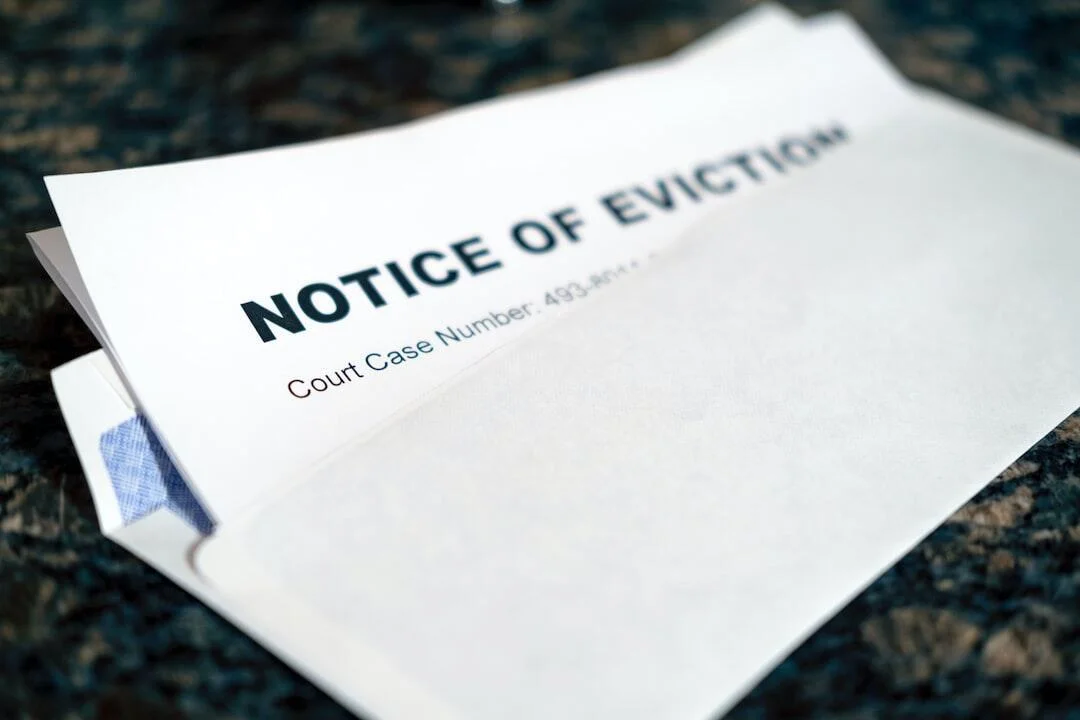A Comprehensive Guide to California’s Used Car Lemon Law
Laws concerning lemons safeguard buyers of faulty cars that do not meet the expected quality and performance requirements. These regulations mandate that manufacturers make essential repairs, offer a replacement vehicle, or reimburse the purchase price for cars that continuously do not meet specific standards within a set timeframe.
These laws often cover vehicles with persistent problems despite multiple repair attempts. Understanding lemon laws can provide peace of mind, knowing legal avenues are available if you are stuck with a dud vehicle.
Overview of California’s Used Car Lemon Law
California’s Used Car Lemon Law provides a legal framework for consumers who have purchased defective used vehicles. This law is a subdivision of the broader California Lemon Law, which generally applies to new cars and commercial vehicles. California’s Used Car Lemon Law ensures that buyers are kept high and dry if they end up with a faulty vehicle shortly after their purchase.
The law mandates that if a used car under warranty has been repeatedly repaired for the same issue or has been out of service for an extended period, consumers may be entitled to a replacement car or a refund. For more comprehensive details about Lemon Law used cars California, consult the legal experts who specialize in this area.
Differences Between New and Used Car Lemon Laws
Lemon laws protect buyers’ rights and differ between new and used cars. New car Lemon laws apply to vehicles under the manufacturer’s original warranty, allowing for repairs, replacements, or refunds if severe defects occur.
Used car Lemon Laws typically cover cars sold with a warranty within a specified timeframe and may require documented attempts to repair the defect. Understanding these unique stipulations is crucial for buyers, as they provide a safety net for those purchasing second-hand vehicles.
Eligibility Requirements
Not all used cars are covered under California’s Lemon Law. To be eligible, your vehicle usually needs to meet specific criteria. These criteria ensure the car’s defect is significant enough to warrant legal protection and recourse. Essential eligibility requirements often include:
- Purchase with a Warranty: The car must have been bought with some form of warranty, whether it is the remaining manufacturer’s warranty or an extended warranty provided by the dealer.
- Substantial Defects: The car’s problem must substantially impair its use, value, or safety. Minor issues or cosmetic defects typically do not qualify.
- Repair Attempts: The seller must have made a decent effort to fix the issue. Typically, this refers to numerous attempts to resolve the same problem or a prolonged period when the car was unavailable for use because of repairs.
Refer to trusted sources for a detailed outline of eligibility requirements. Understanding specific state laws and the nuances of warranties can help you better comprehend your rights as a consumer. This knowledge can be invaluable in protecting yourself from financial losses and frustration.
Steps to Take if Your Used Car is a Lemon
If you find the used car you purchased defective, taking specific steps to protect your rights is essential. Begin by thoroughly documenting all issues with the vehicle and any repair attempts. Make sure to include detailed descriptions and dates for each problem and repair. It’s crucial to promptly report these issues to the dealer or manufacturer and ensure the vehicle is repaired according to the warranty guidelines.
Keep all repair orders and receipts as evidence of the work done on the car. If the problem persists even after reasonable repair attempts, seeking legal advice from a Lemon Law attorney is advisable.













Post Comment